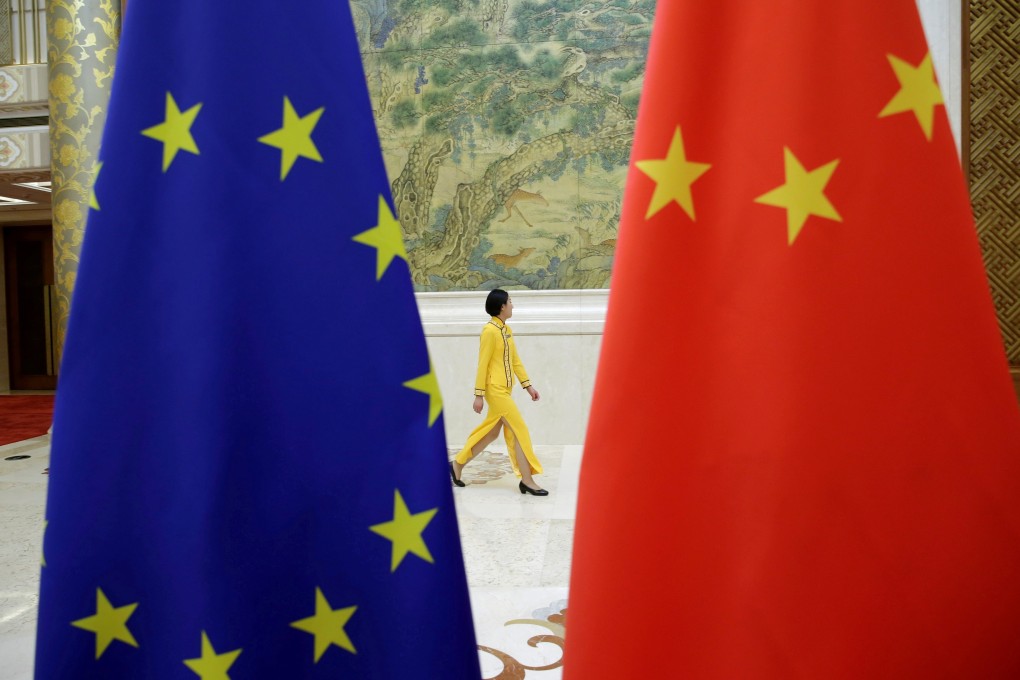Trump’s America lost to China in an economic chess game, and Biden is unlikely to win
- As the Trump administration lurched from one tactic to another, Beijing played a slow game of strengthening cross-border commerce
- Asia’s economic landscape seems likely to be dominated more by China than the US during Biden’s term

Donald Trump has been busy throughout his disastrous presidency slashing and burning trade and investment agreements which the United States had carefully crafted over many years. Meanwhile, China has been equally busy creating a powerful arsenal of trade and other accords with key partners.
As Hung Tran at the Atlantic Council in Washington says: “In addition to the CAI, the RCEP and China’s growing trade and investment relationships with developing countries – especially those carried out under the Belt and Road Initiative umbrella – have constituted a vast and viable economic living space for China.”
And this, adds the former executive managing director at the Institute of International Finance, and former deputy director at the International Monetary Fund, has “enabled China to build up political influence and support, especially among developing countries, as it faces protracted strategic contention with the United States and the West in general”.
